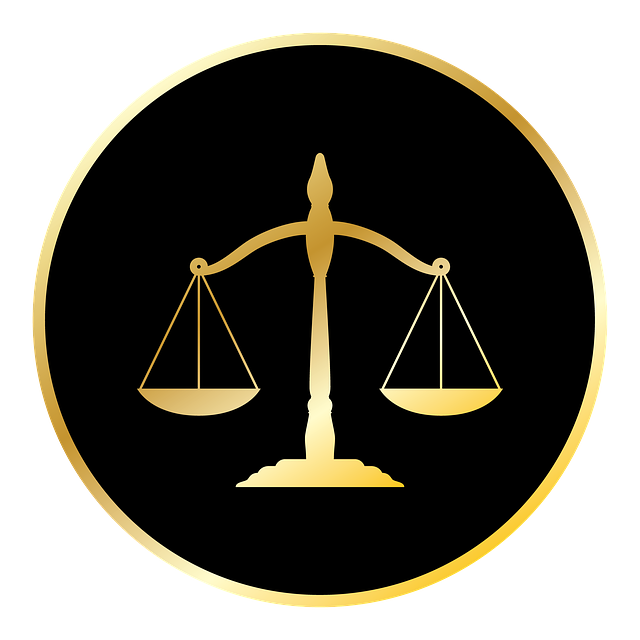DUI convictions can hinder employment prospects, but Criminal Record Expungement after DUI offers a solution. Eligibility varies by jurisdiction, with factors like completed sentences and good behavior post-incident. Consulting legal professionals is crucial to navigate the process, which involves assessing eligibility, gathering documents, filing petitions, and attending hearings. Successful expungement can lead to a fresh start, allowing individuals to rebuild their professional lives and secure fulfilling careers without the DUI stain on their records.
In many jurisdictions, a criminal record can significantly impact employment opportunities, especially for those with past DUI charges. Understanding the process of criminal record expungement, particularly after a DUI, is crucial for individuals seeking to turn their lives around and rebuild their professional prospects. This comprehensive guide delves into the various aspects of DUI expungement, including eligibility criteria, legal rights, and step-by-step processes, providing essential information for those aiming to clear their records and gain access to better employment opportunities.
- Understanding Criminal Record Expungement: A Comprehensive Guide
- The Impact of DUI on Employment Prospects: Challenges and Legal Rights
- Eligibility Criteria for Expunging a DUI from Your Records
- Steps Involved in the Expungement Process: From Start to Finish
- Post-Expungement: Rebuilding Your Professional Life After a DUI
Understanding Criminal Record Expungement: A Comprehensive Guide

Many individuals struggling with a DUI conviction wonder about their future employment prospects and the role criminal record expungement could play in clearing their path. Criminal Record Expungement, specifically after a DUI, refers to the legal process of sealing or destroying certain criminal records, providing an opportunity for those with past mistakes to move forward without those charges appearing on their public record. This is particularly relevant for those seeking employment as many employers conduct background checks, often using services like Criminal Background Checks (CBCs), to assess applicants’ fitness.
Understanding the process and eligibility criteria is crucial when considering Criminal Record Expungement after DUI. The laws vary by jurisdiction, so it’s essential to consult with a legal professional who can guide you through the specific steps and requirements in your area. This may involve waiting periods, successful completion of probation or treatment programs, and meeting other conditions set by the court. Successfully expunging your record can significantly enhance employment opportunities, allowing individuals to obtain jobs they might have been previously denied due to their DUI conviction.
The Impact of DUI on Employment Prospects: Challenges and Legal Rights

Having a DUI on your criminal record can significantly impact employment prospects, presenting unique challenges for those seeking work. Many employers conduct background checks as part of their hiring process, and a DUI conviction may raise red flags. This can lead to initial rejections or limited job opportunities, especially in industries with strict safety regulations or those requiring high-level security clearances.
However, it’s important to know that individuals with a DUI past do have legal rights and options for record expungement after DUI. Understanding these rights is crucial. In some jurisdictions, certain DUI-related charges may be eligible for expungement under specific conditions, allowing individuals to legally remove the conviction from their records. This process can open doors to better employment prospects and offer a fresh start.
Eligibility Criteria for Expunging a DUI from Your Records

The eligibility criteria for expunging a DUI (Driving Under the Influence) from your records vary by jurisdiction, but there are some common factors. Typically, individuals who have completed their sentence, including any court-ordered penalties and rehabilitation programs, and shown good behavior after the incident may be eligible. This often involves waiting a specified period, usually several years, without further legal issues. The goal is to assess whether the individual has successfully rehabilitated themselves and can reintegrate into society without posing a risk.
In many places, successful completion of a DUI program, such as education courses on the dangers of drunk driving, community service, or participation in support groups, can enhance expungement chances. Additionally, some regions allow expungement if the DUI charge was dismissed, reduced, or if the accused has shown significant personal growth and positive changes in their life since the incident. It’s crucial to consult legal professionals for guidance on specific requirements and procedures within your area regarding criminal record expungement after a DUI.
Steps Involved in the Expungement Process: From Start to Finish

The process of clearing or expunging a criminal record, especially after a DUI (Driving Under the Influence), involves several critical steps that individuals must navigate carefully. It begins with an assessment of eligibility, where one must determine if they are qualified for expungement based on local laws and their specific case. This often requires reviewing the charges, time elapsed since the incident, and any successful completion of probation or treatment programs.
Next, preparation is key. Individuals need to gather all necessary documents, including court records, police reports, and proof of compliance with any mandated conditions. They then file a petition for expungement with the appropriate court, providing detailed information about their case. This may involve attending hearings, where both the prosecution and defense can present arguments, ultimately leading to a judge’s decision on whether to grant or deny the request for record expungement after DUI.
Post-Expungement: Rebuilding Your Professional Life After a DUI

After successfully clearing your records through a DUI expungement, the next step is crucial—rebuilding your professional life. This process involves navigating the job market with a clean slate, as potential employers often conduct background checks. It’s essential to remember that a criminal record, even after expungement, can still raise eyebrows, but it doesn’t define you. With the right preparation and mindset, individuals with a history of DUI can secure fulfilling careers.
Focus on presenting your skills and experiences positively. Highlight achievements and responsibilities from previous roles, demonstrating your reliability and potential. Consider seeking career counseling or joining support groups to gain access to resources tailored for those rebuilding after a criminal record. With persistence and a strategic approach, it’s possible to leave the past behind and forge a promising professional future post-DUI expungement.
Many individuals struggling with their post-DUI employment prospects can find hope through criminal record expungement. By understanding the process, their rights, and eligibility criteria, those with a DUI on their records can take steps towards clearing them, enabling them to rebuild their professional lives. This article has provided a comprehensive guide to navigating the complexities of criminal record expungement after a DUI, offering valuable insights for those seeking a fresh start. Remember that, in many jurisdictions, it’s possible to move beyond a DUI and secure fulfilling employment opportunities again.






